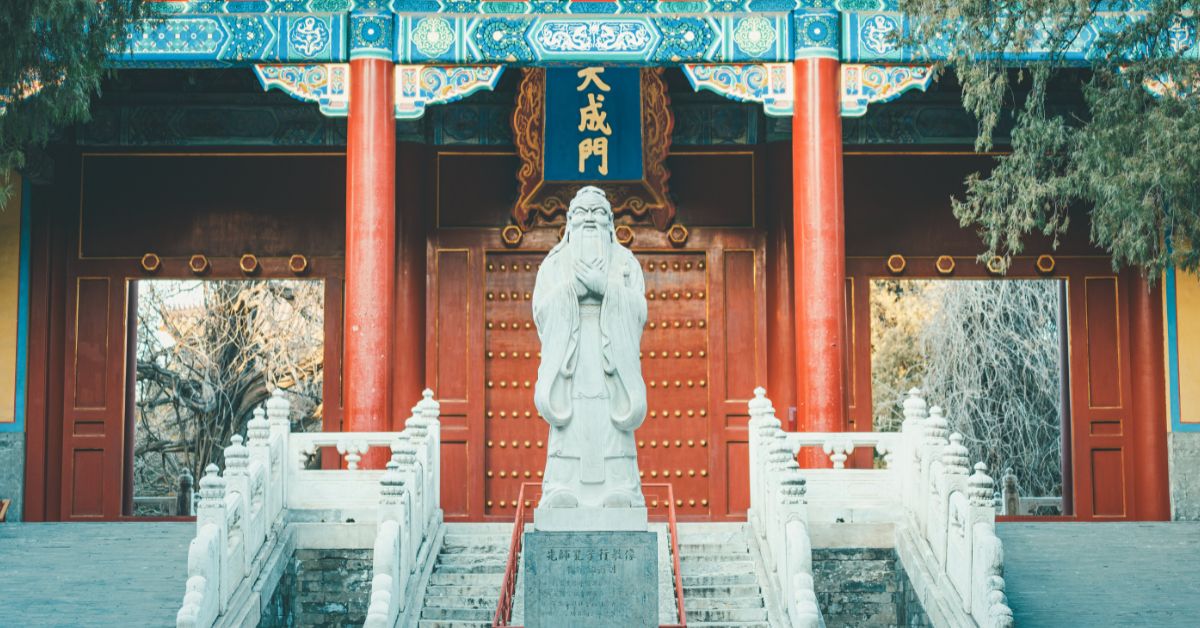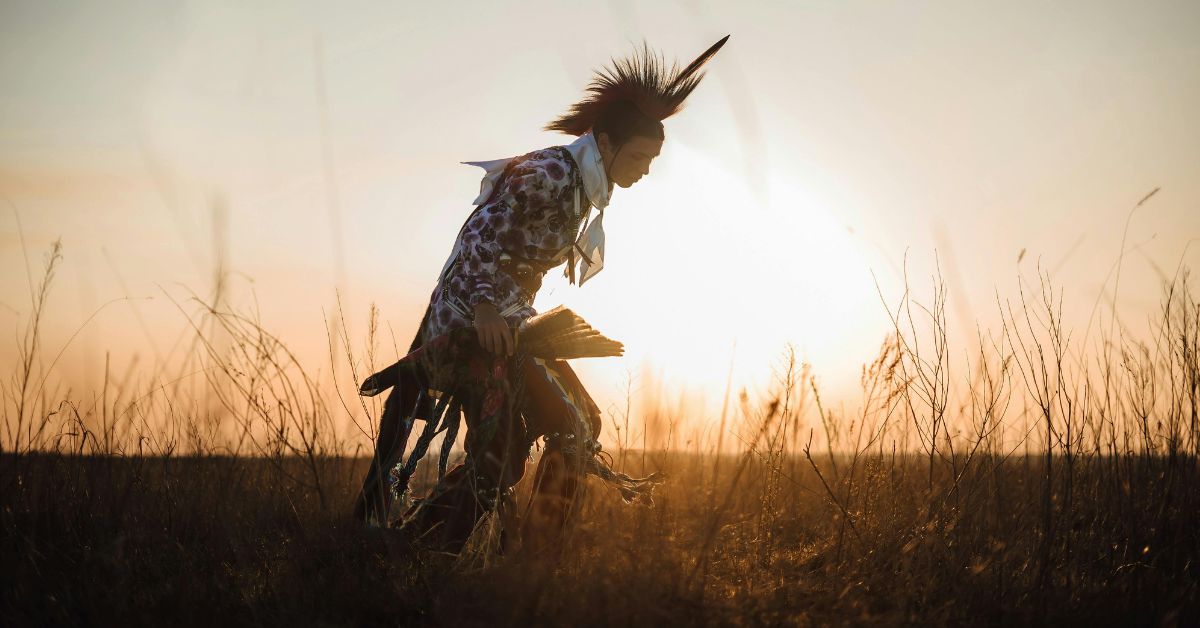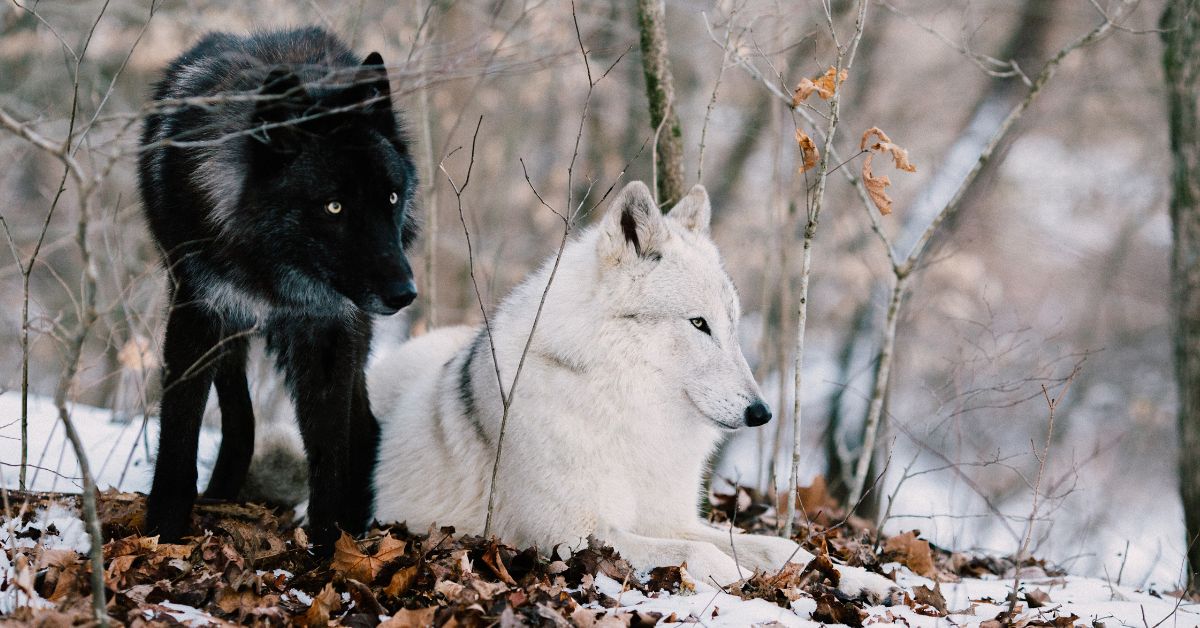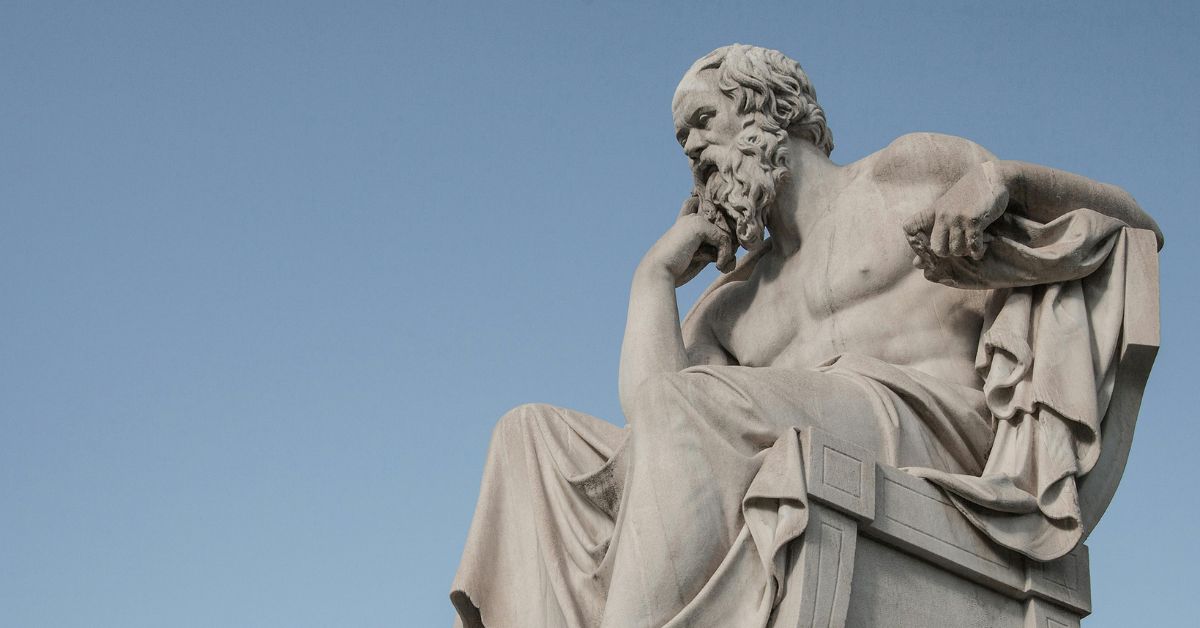Outline:
- A Word That Carries the World
- Wisdom in the West: Thought, Reason, and Virtue
- Eastern Traditions: Flow, Balance, and the Unspoken
- Indigenous Wisdom: Listening to Land and Legacy
- Modern Reflections: The Inner Compass
- Living the Question of Wisdom
- FAQs
A Word That Carries the World
“Wisdom” is one of those words that feels vast the moment it is spoken. It resonates deeper than knowledge, quieter than intelligence, more enduring than cleverness. It evokes images of old sages and sacred texts, but also quiet individuals who radiate calm and clarity in turbulent times.
And yet, what is it, truly? What does it mean to be wise?
To ask this question is to step into a long and ongoing conversation—one that spans continents, generations, and belief systems. It’s a journey not only across cultures, but into the heart of how we understand what it means to live well.
Wisdom in the West: Thought, Reason, and Virtue
In Western traditions, wisdom often begins with the Greeks. For Socrates, wisdom was knowing that one knows nothing—a paradoxical humility that opens the door to deeper inquiry. Plato viewed the wise as those who see beyond the shadows, capable of perceiving truth beneath illusion. Aristotle, more grounded, spoke of phronesis, practical wisdom: the ability to make good decisions for a good life.
Here, wisdom is not only knowledge, but the right use of knowledge. It’s rational, deliberate, tied to ethics. It demands both critical thought and moral clarity.
In modern psychology, this tradition lives on. Researchers like Robert Sternberg describe wisdom as “the application of intelligence and experience toward the attainment of a common good.” It’s not about IQ, but perspective—the ability to consider long-term consequences, multiple viewpoints, and the complexity of human nature.
Eastern Traditions: Flow, Balance, and the Unspoken
In contrast, Eastern philosophies often frame wisdom as something less linear, less verbal. It’s not something to be grasped, but something to attune to.
In Taoism, wisdom lies in wu wei—non-forcing, allowing things to unfold in accordance with their nature. The Tao Te Ching tells us that the wise are like water: yielding, yet powerful; humble, yet vital. They do not fight the current, but move with it.
Buddhism points to prajna, a type of transcendent wisdom that arises from deep insight into the nature of reality—especially the impermanence of all things. The wise, here, are those who see beyond ego and illusion, who live with compassion because they understand the deep interconnectedness of all life.
These traditions invite us to unlearn, to quiet the mind and listen—not to answers, but to silence. To see wisdom not as a conquest, but as surrender to the present moment.
Indigenous Wisdom: Listening to Land and Legacy
Many Indigenous cultures around the world hold a different kind of wisdom—one rooted not in books or arguments, but in the land, the seasons, the stories passed from elders to children.
Here, wisdom is relational. It is knowing your place in a web of life. It is understanding that the earth is not a resource, but a relative. The wise person is not the most articulate or the most educated, but the one who listens well—to others, to ancestors, to animals, to the wind.
This kind of wisdom is often invisible to modern eyes, because it doesn’t shout. It doesn’t argue. It remembers.
In a world racing toward progress, Indigenous wisdom offers a different compass: one that prioritizes balance over dominance, continuity over consumption, and reverence over certainty.
Modern Reflections: The Inner Compass
So what, then, is wisdom today? It is not merely what we know, but how we live. It is less about having answers, and more about asking the right questions. It is the choice to slow down in a world that values speed, to listen deeply when others shout, to act from understanding rather than reaction.
Wisdom is not confined to any one culture—it lives between them. It’s found in the pages of the Bhagavad Gita, in the dialogues of Plato, in the teachings of Rumi, in the words of an elder telling stories by firelight.
And it’s found in us, too—when we pause long enough to hear it.
Living the Question of Wisdom
To pursue wisdom is not to arrive, but to walk a path—a path marked by curiosity, humility, and presence. It’s not a trophy to be won, but a way of being to be practiced. Each culture shines a different light on it, but all point to something profoundly human: the desire to live meaningfully, to live in harmony with others, and to know ourselves more deeply.
We may never define wisdom perfectly. But perhaps that is its power. It invites us not to capture it, but to be changed by it.
So begin there. Not with answers, but with presence. Not with mastery, but with openness. Ask yourself—not what do I know, but how do I choose to live? And in that question, let wisdom quietly begin.
FAQs
What’s the difference between wisdom and intelligence?
Intelligence is often about acquiring and processing information quickly. Wisdom involves the deeper integration of knowledge with experience, reflection, and ethical judgment.
Can wisdom be taught?
Wisdom can be nurtured, but not delivered like a fact. It grows through lived experience, contemplation, and dialogue—especially across perspectives and generations.
How can I become wiser in everyday life?
Start with deep listening. Reflect before reacting. Learn from those who came before you. Seek stillness. And above all, live in a way that aligns your values with your actions. Wisdom grows in the space between awareness and choice.









